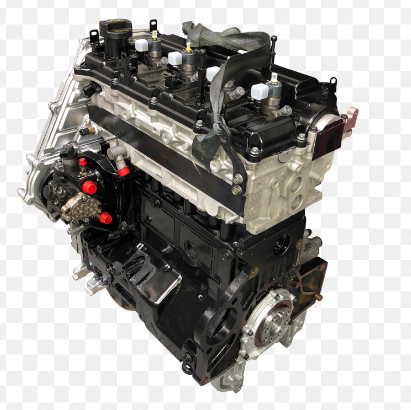Mastering the markets and achieving success in trading requires careful consideration when selecting a CFD broker. With the plethora of options available in the market, traders need to be diligent in their research to find a broker that meets their specific needs and preferences. In this guide, we’ll explore the key factors to consider when choosing a cfd broker.
1. Reputation and Reliability: One of the most important factors to consider when selecting a CFD broker is their reputation and reliability. Look for brokers with a solid track record in the industry and a history of providing reliable and transparent services to their clients. Reading reviews and testimonials from other traders can help gauge the broker’s reputation.
2. Regulation: While we won’t delve into specific regulatory bodies, it’s crucial to choose a broker that operates within a regulated framework. Regulation provides traders with a level of protection and ensures that the broker adheres to certain standards and practices. Look for brokers that are licensed and regulated by reputable authorities.
3. Trading Platform: The trading platform provided by the broker is another essential aspect to consider. It should be user-friendly, reliable, and offer advanced features and tools for analysis. Demo accounts are often offered by brokers, allowing traders to test out the platform and see if it meets their needs before committing real funds.
4. Asset Coverage: Different brokers offer varying levels of asset coverage, so it’s important to choose one that provides access to the markets and instruments you’re interested in trading. Whether you’re interested in forex, stocks, commodities, or indices, ensure that the broker offers a wide range of assets to trade.
5. Customer Support: A responsive and helpful customer support team is crucial when trading CFDs. Look for brokers that offer multiple channels of communication, such as live chat, email, and phone support. It’s also important to consider the quality of support provided, as timely assistance can be invaluable, especially during volatile market conditions.
6. Fees and Costs: While trading CFDs typically involves lower fees compared to traditional trading methods, it’s still important to consider the costs involved. Look for brokers that offer competitive spreads, low commissions, and minimal hidden fees. Additionally, consider any overnight financing charges or other costs associated with holding positions overnight.
7. Education and Resources: For traders looking to improve their skills and knowledge, access to educational resources and trading tools can be invaluable. Choose a broker that offers a range of educational materials, including webinars, tutorials, and market analysis. These resources can help traders stay informed and make more informed trading decisions.
In conclusion, selecting the right CFD broker is a crucial step towards achieving success in the markets. By considering factors such as reputation, regulation, trading platform, asset coverage, customer support, fees, and educational resources, traders can find a broker that meets their needs and helps them reach their trading goals.



